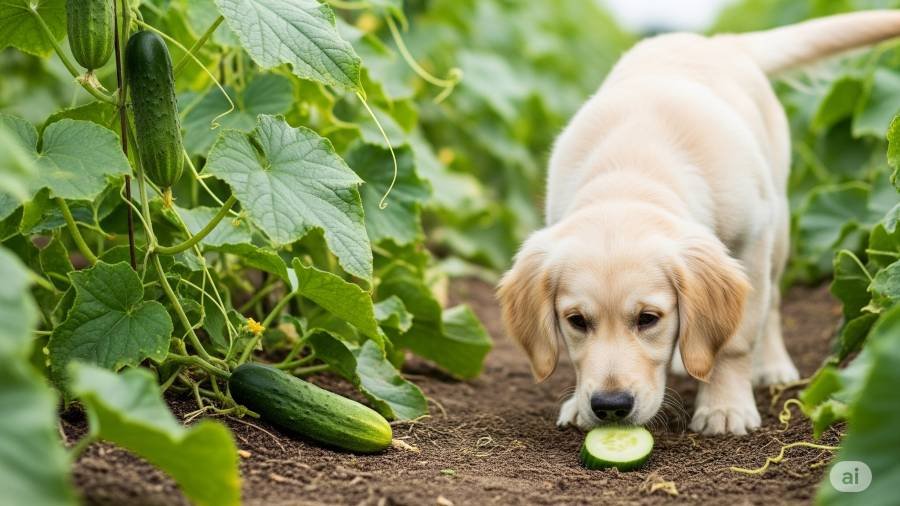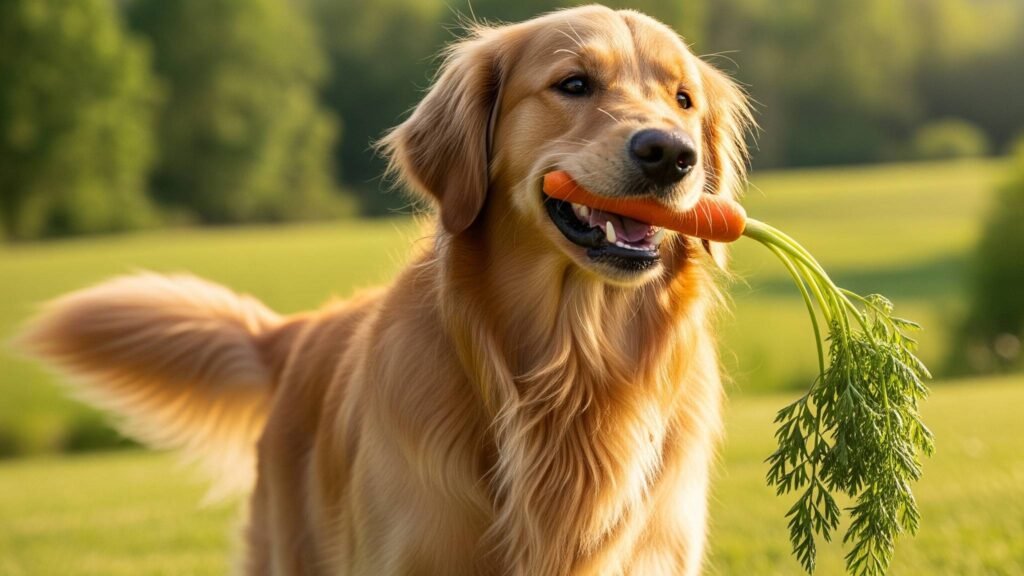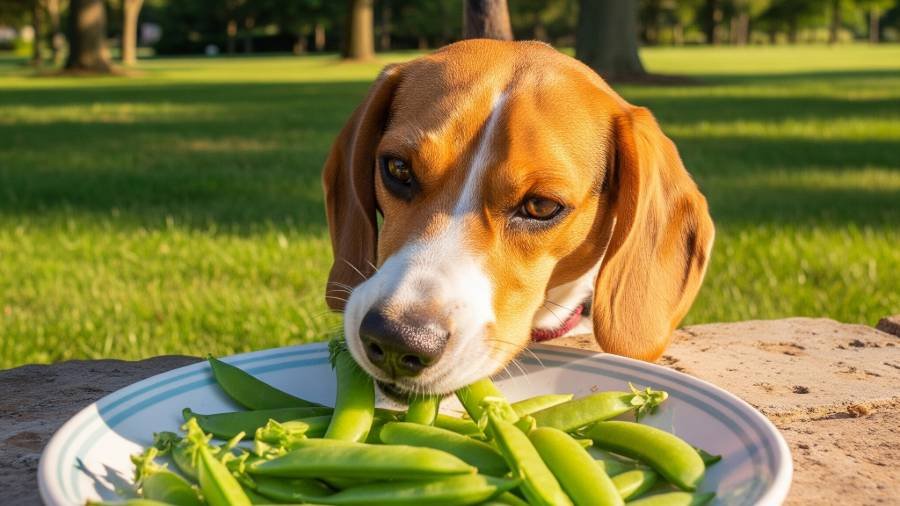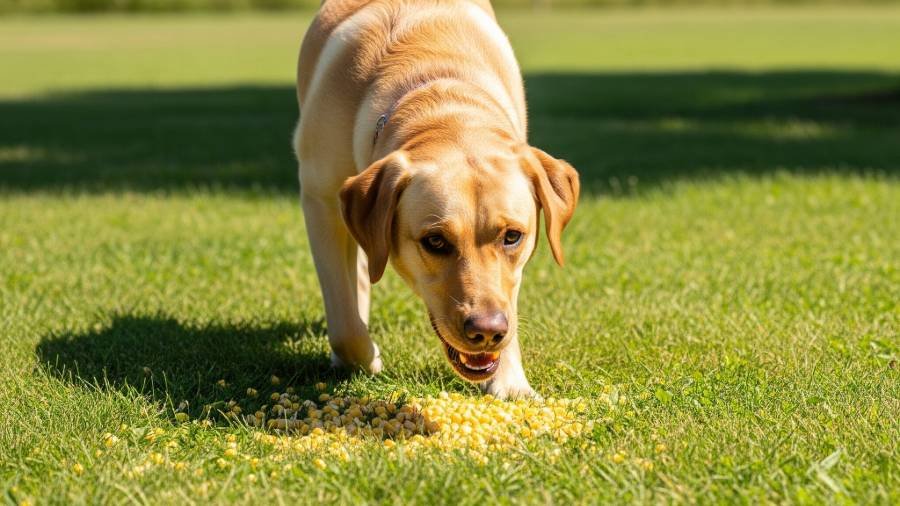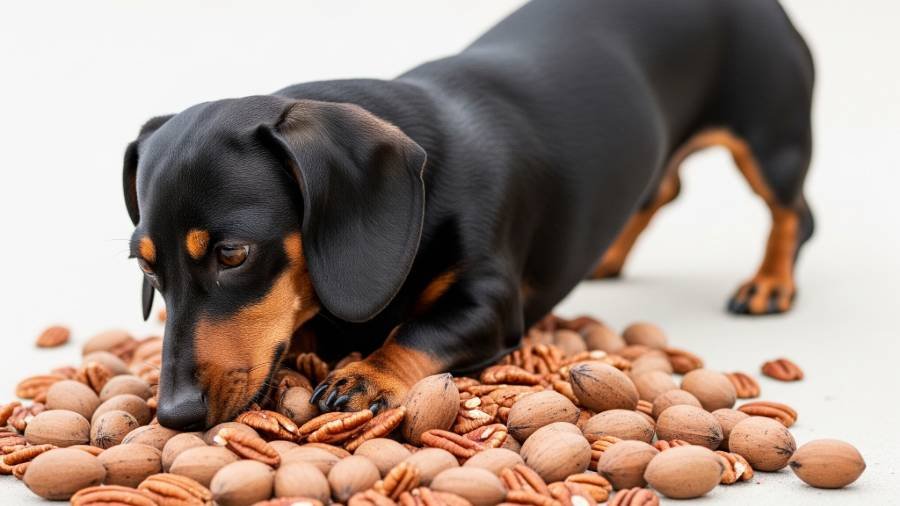No, dogs should not eat pistachios as they can be harmful and are considered pistachios bad for dogs due to potential toxicity and health risks.
This article provides a unique, detailed guide on why you should avoid feeding your dog pistachios, exploring the dangers, symptoms to watch, and safer alternatives.

Potential Benefits of Pistachios for Dogs
While pistachios might seem like a nutritious snack for humans, any potential benefits for dogs are overshadowed by risks, making them unsuitable:
- Healthy Fats: Pistachios contain monounsaturated fats, which could support energy if consumed in tiny amounts, but this is negligible given the dangers.
- Vitamins and Minerals: They offer small amounts of vitamin B6 and magnesium, potentially aiding nerve function, though dogs get these from safer sources.
- Protein Content: A minor protein boost is present, but it’s not worth the risk compared to dog-appropriate foods.
- Antioxidant Properties: Trace antioxidants might exist, but the hazards far outweigh any minor nutritional gain.
These potential benefits are insignificant when you consider the risks of addition pistachios to a dog’s diet, making them an unsafe choice. For more on safe nuts, explore can dogs eat peanuts with caution.
Risks and Dangers of Pistachios for Dogs
Pistachios pose several serious risks that make them toxic to dogs and unsuitable for consumption:
- High in Fat: The high fat content can lead to pancreatitis, a painful inflammation of the pancreas, especially if dogs eat large quantities of pistachios.
- Aflatoxin Poisoning: Pistachios can be contaminated with aflatoxins from mold, causing liver damage and symptoms of pistachio poisoning like jaundice or lethargy.
- Choking Hazard: Pistachio shells or whole nuts can obstruct airways, posing a significant choking hazard, particularly for small dogs.
- Gastrointestinal Distress: Eating pistachios may result in vomiting, diarrhea, or loss of appetite due to the nut’s richness and potential allergens.
- Allergic Reactions: Some dogs may experience itching, swelling, or digestive upset as an allergic response to tree nuts like pistachios.
- Poison Ivy Relation: Pistachios belong to the same family as poison ivy, increasing the risk of severe reactions in sensitive dogs.
- Salt or Seasoning: Roasted or flavored pistachios often contain salt or spices, which can cause sodium poisoning or further gastrointestinal issues.
How to Safely Feed Pistachios to Dogs
Given the risks, pistachios should be avoided, but if accidental ingestion occurs, follow these steps:
- Avoid Feeding: Do not intentionally feed your dog pistachios or any types of nuts known to be harmful, sticking to dog-safe alternatives.
- Remove Shells: If a dog has accessed pistachios, remove any pistachio shells immediately to prevent choking or injury.
- Limit Exposure: Keep pistachios out of reach to stop your dog from eating pistachios, especially in households with multiple pets.
- Monitor Symptoms: Watch for symptoms to watch like vomiting, lethargy, or difficulty breathing after ingestion, and act quickly if noticed.
- Consult a Vet: Contact a veterinarian immediately if your dog consumes pistachios, even in small amounts, to address potential aflatoxin poisoning or pancreatitis.
- Provide Water: Ensure your dog has access to water to help dilute any ingested salt or fat, but do not induce vomiting unless instructed by a vet.
Signs of Pistachio-Related Issues
If a dog eats pistachios and reacts poorly, look for these warning signs:
- Vomiting, diarrhea, or loss of appetite (indicators of gastrointestinal distress)
- Lethargy, yellowing skin, or weakness (possible aflatoxin poisoning)
- Difficulty breathing or choking (from pistachio shells or whole nuts)
- Excessive scratching or swelling (rare allergic reactions)
- Abdominal pain or bloating (pancreatitis or fat overload)
If these signs appear, stop any further access to pistachios and contact a veterinarian immediately. Severe cases may require urgent care.
Expert Opinions
Veterinary experts, including the American Society for the Prevention of Cruelty to Animals (ASPCA) and the Pet Poison Helpline, strongly advise against dogs eating pistachios due to their high fat content, potential aflatoxin contamination, and choking hazards.
They recommend safer nut alternatives or vet-approved treats, emphasizing immediate veterinary consultation if ingestion occurs. For more on safe snacks, check can dogs eat carrots.
Additional Considerations
- Health Conditions: Dogs with pancreatitis, liver issues, or obesity should never be exposed to pistachios. Consult a vet first.
- Puppies: Young dogs are at higher risk of choking or digestive upset, making pistachios especially dangerous. Try can dogs eat apples instead.
- Dog Preferences: Some dogs may be drawn to the smell of pistachios, but this doesn’t indicate safety. Keep them secured.
- Storage: Store pistachios in sealed containers away from pets to prevent accidental ingestion.
- Emergency Plan: Know your vet’s contact and local emergency clinic details in case of pistachio consumption.
Safe Treat Alternatives
Instead of pistachios, consider these safe-for-dogs treats, tailored to enhance a dog’s diet:
- Cooked Sardines: Plain, water-packed sardines offer omega-3s and protein.
- Cooked Sweet Potatoes: A small portion of mashed sweet potatoes supports digestion.
- Blueberries: A few fresh blueberries provide antioxidants.
- Plain Turkey Bits: Unseasoned cooked turkey bits supply lean protein. See our guide on can dogs eat turkey.
Introduce new treats gradually, monitor for reactions, and consult a vet to ensure a balanced diet.
Dogs should not eat pistachios due to their high in fat content, potential aflatoxin poisoning, and choking hazard from pistachio shells, making them toxic to dogs and likely to cause gastrointestinal distress or severe health issues.
Risks from large quantities of pistachios or allergic reactions necessitate avoiding them entirely, keeping pistachio nuts out of reach, and seeking vet care if consumed.
Puppies or dogs with health conditions like pancreatitis should never be exposed unless under veterinary guidance, and a balanced diet with safe alternatives is essential.
Always consult a veterinarian if your dog eats pistachios, and opt for healthier options.
For more on canine nutrition, explore can dogs eat sunflower seeds or what vegetables can dogs eat.
For additional questions about what dogs can eat or dietary concerns, feel free to ask!
